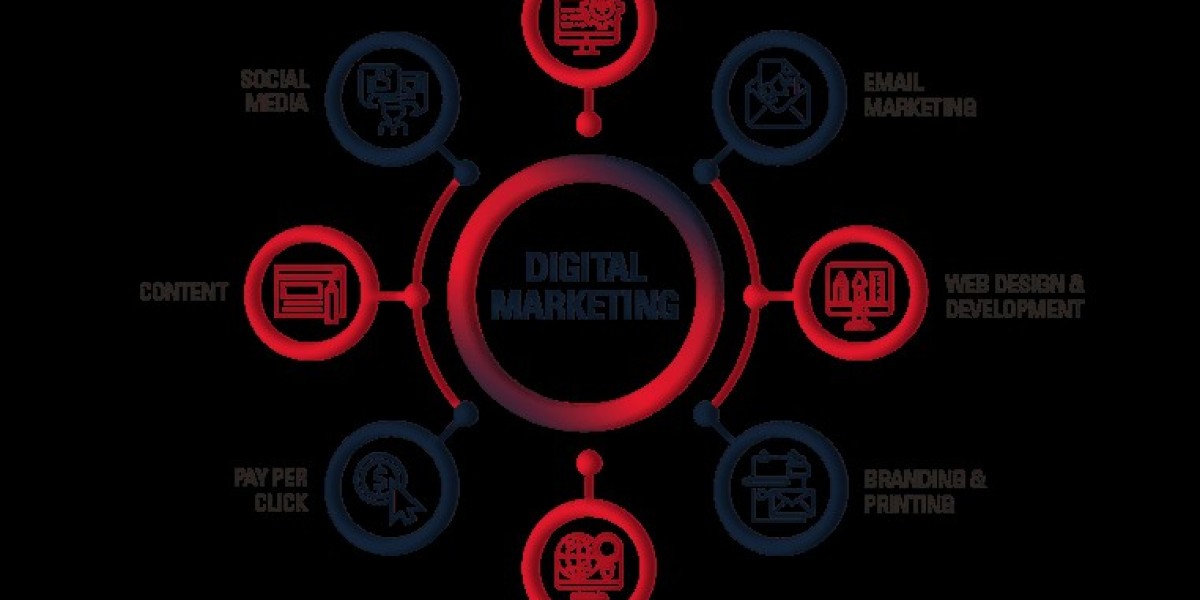Real estate marketing today is increasingly focused on digital strategies. With more consumers starting their home search online, it has become essential for real estate professionals and agencies to have an effective online presence. Here are some of the core digital marketing strategies that can help boost your real estate business:
Optimize Your Website for Search Engines
One of the most important aspects of real estate digital marketing is search engine optimization or SEO. This involves optimizing your website to rank higher in search engine results pages (SERPs) for relevant keywords. Some key SEQ tactics include:
Conduct keyword research to identify the most searched home-buying and location-based queries in your target areas. Optimize your pages, titles, meta descriptions, and content around these keywords.
Ensure your site loads fast on desktop and mobile. Page speed is an important ranking factor for Google. Use optimized images and compress files.
Publish unique, high-quality real estate content like neighborhood guides, market updates, and property listings consistently. Fresh and engaging content encourages backlinks and social shares.
Get your business and properties listed on Google My Business, Apple Maps, and other local listing sites. Claim and complete your profiles for local visibility.
Analyze your website traffic and SEO performance using Google Search Console and Analytics. Identify pages needing improvements and track rankings over time.
Hire a reputed digital marketing agency to perform an SEO website audit and implement changes for better positioning in search results.
Leverage Social Media Marketing
Developing an active social media presence is another must for real estate digital marketing success. The key social platforms to focus on include:
Facebook - Target local homeowners and future buyers through neighborhood groups, listing shares, open house events, and educational content.
Instagram - Showcase beautiful property photos and videos to attract buyers emotionally invested in a location's lifestyle.
YouTube - Post virtual and 3D property tours, development walkthroughs, neighborhood guides, and market updates as videos perform well organically.
LinkedIn - Engage professionally with other realtors, developers, and builders through industry discussions and career updates.
Nextdoor - Post updates relevant to your local community like school and residential developments happening around.
Twitter - Interact with followers, stay on top of conversations, and participate in live discussions to build expertise and brand.
For each platform, routinely publish engaging, helpful posts while also promoting new listings. Drive traffic to your website and capture leads through social ads and lead-generation campaigns.
Elevate Your Online Listing Presence
Beyond your website and social platforms, claiming and optimizing your real estate listings on major third-party property portals like Zillow, Realtor.com, and Trulia is a digital must-do. Some listing optimization best practices include:
Use flattering, high-resolution photos showing the property's key features like kitchen, backyard, and neighborhood view.
Compose compelling, descriptive captions for each photo to narrate the property story visually.
Draft eye-catchyproperty descriptions highlighting special updates, community amenities, and locational advantages.
Promptly update listing status and price changes to maintain freshness.
Respond quickly to all buyer inquiries on listings you manage for an enhanced client service.
Ask for and utilize verified buyer and seller reviews and testimonials to establish social proof.
Always sync your listings with these portals using an IDX (Internet Data Exchange) plugin to provide buyers with a seamless viewing experience across all platforms.
Leverage Lead Generation Tools
Real estate digital marketing is incomplete without targeting prospective buyers online and capturing high-intent leads. Some effective lead-generation strategies include:
Utilizing CRM tools like BuilderTrend, Propertybase, or BoomTown to streamline contact segmentation, communication, and follow-up workflows.
Running search, social media, and display ads campaigns to promote listings and neighborhood guides. Optimize campaigns using retargeting.
Creating downloadable e-books, checklists, and guides as lead magnets for email capture.
Implementing chatbots on your website to answer common visitor questions and qualify leads in real time.
Hosting weekly virtual open houses on platforms like Facebook Live and YouTube to generate viewer interactions.
Partnering with a top digital marketing agency can develop and execute comprehensive lead-generation campaigns leveraging various online and offline tactics.
Measuring Performance and Staying Updated
Finally, continuous tracking and analysis of changing digital trends is paramount for optimizing real estate digital marketing efforts. Some best practices include:
Analyze web and campaign analytics data to assess top-performing content, ads, and platforms.
Routinely assess competitor websites and social profiles to stay ahead through continuous innovation.
Sign up for industry publications, forums, and events to keep learning new strategies working for others.
Consult with a digital agency periodically to undergo website audits and strategy reviews incorporating the latest developments.
Explore emerging technologies like augmented reality, AI chatbots, and programmatic advertising to future-proof marketing.
Leveraging these essential real estate digital marketing strategies systematically can help attract more buyers, and sell properties faster at better prices in today's digital landscape.
FAQs:
Q. What is the biggest digital marketing challenge facing real estate professionals today?
A. Keeping up with the fast pace of change in consumer behaviors and technologies can be challenging. Real estate marketers need to constantly learn, adapt, and implement new strategies at a rapid pace. Insufficient budget and time are also commonly cited challenges.
Q. How much should a realtor budget for digital marketing?
A. There is no fixed amount as budgets vary greatly depending on business goals and the market. On average, most experts recommend dedicating at least 10-15% of the total annual marketing budget to digital. For new agents or small businesses, $500-1000 per month is a good starting range if you want to outsource to an agency.
Q. How quickly can we expect to see results from our digital marketing efforts?
A. It varies based on the tactics used but as a general guideline, basic SEO and social efforts may show some initial results in 3-6 months. More advanced campaigns involving paid ads or new technology implementations often need 6-12 months for true performance assessment. Consistency and continuous optimization are key.
Q. What are some digital marketing metrics real estate agents should track?
A. Top metrics include website traffic sources, time on site, bounce rate, conversions, leads generated, social media follower growth, engagement rates, ad campaign ROI, and more. Key performance indicators (KPIs) should be set for each channel and tactic based on business goals.
Conclusion:
In today's hyper-competitive, technology-driven real estate landscape, going digital is no longer optional for realtors - it is essential. By systematically implementing the right mix of organic and paid strategies across search, social, listings, and lead generation, real estate professionals and agencies can elevate their online presence, engage home buyers more effectively, and boost business in the long run. Ongoing testing, tracking, and learning industry best practices allow for optimizing efforts over time as industry dynamics change. Committing resources to digital is sure to bring large rewards for modern realtors who execute strategies smartly.



